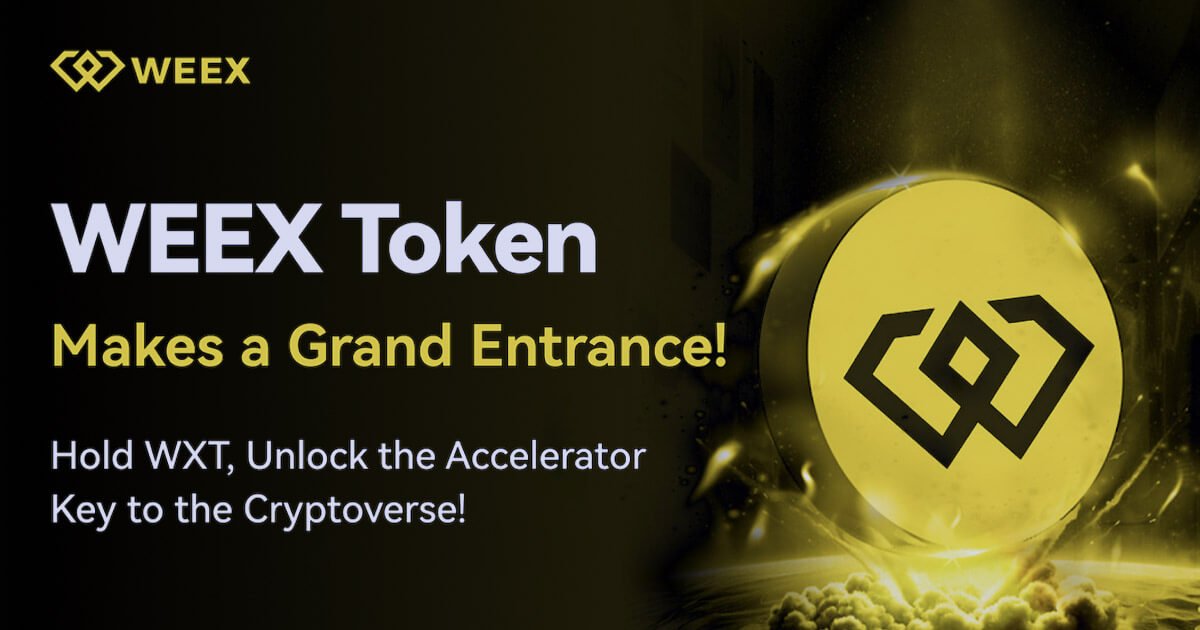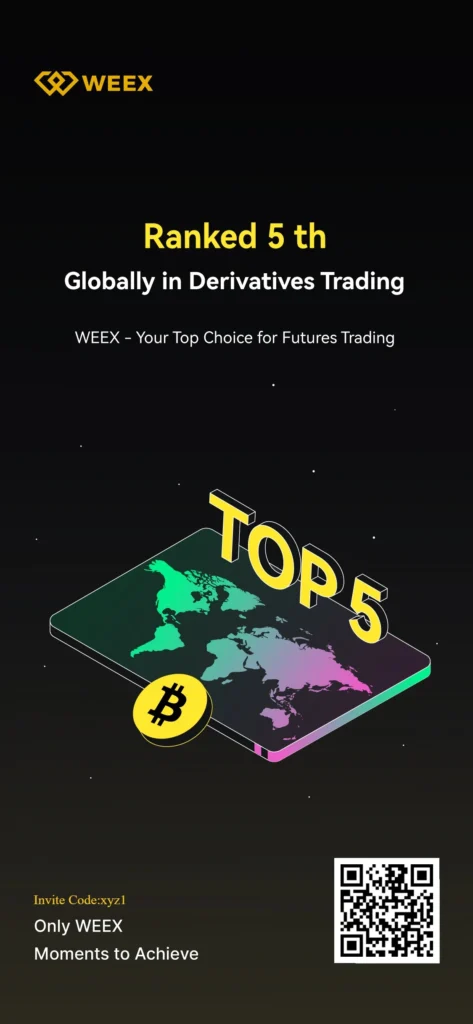

Justin Sun, the well-known founder of Tron and a key figure in the blockchain space, has recently announced his intention to reduce gas fees on the Ton blockchain. This move is part of a broader effort to enhance user experience and encourage wider adoption of the Ton Blockchain network. As gas fees have become a significant concern for blockchain users, particularly in high-traffic periods, Sun’s initiative is a welcome development for the community.
Here, we’ll examine the context behind this decision, what it could mean for the Ton network, and how it fits into the broader trend of making blockchain technology more accessible and efficient.
The Context: Why Gas Fees Matter
Gas fees are an essential component of blockchain networks. They are the transaction costs that users pay to have their transactions processed by the network. These fees compensate miners or validators for the computational work required to verify and include transactions in the blockchain. However, as blockchain networks grow and traffic increases, gas fees can become prohibitively expensive, making it difficult for everyday users to participate in the network.
On the Ton blockchain, gas fees have been a topic of discussion for some time. While the network is known for its efficiency and speed, the rising gas fees have been a barrier to entry for many users, particularly those with smaller transactions. High gas fees can also stifle innovation, as developers may be hesitant to build applications on a platform where users face significant costs to interact with their dApps.
Justin Sun’s Plan to Reduce Gas Fees
Justin Sun’s announcement that he aims to reduce gas fees on the Ton network this week is a strategic move to address these concerns. Sun has a track record of making bold decisions to improve blockchain technology and increase its adoption. By focusing on gas fees, Sun is tackling one of the most pressing issues in the blockchain space.
The specifics of how Sun plans to reduce gas fees have not been fully disclosed, but several potential strategies could be in play:
- Optimizing the Consensus Mechanism:
One way to reduce gas fees is by optimizing the underlying consensus mechanism of the Ton blockchain. By making the validation process more efficient, the network can process more transactions at a lower cost, thus reducing the fees required from users. - Introducing Layer 2 Solutions:
Layer 2 solutions are protocols built on top of a blockchain that help to reduce the load on the main network. These solutions can process transactions off-chain and then settle them on the main chain, reducing the overall gas fees. Sun could be exploring such solutions to alleviate the burden on the Ton blockchain. - Adjusting the Fee Structure:
Another approach could involve revising the fee structure to make it more dynamic and responsive to network conditions. By adjusting the way fees are calculated, the network could ensure that users pay fair prices for their transactions, especially during periods of high demand. - Incentivizing Validators:
Sun may also consider incentivizing validators to process transactions at lower costs. By offering rewards or subsidies, the network can encourage validators to accept lower fees, benefiting the entire user base.
Implications for the Ton Network
If successful, Justin Sun’s initiative to reduce gas fees on the Ton network could have several positive implications:
- Increased Adoption:
Lower gas fees would make the Ton blockchain more accessible to a broader audience, particularly users who were previously deterred by high transaction costs. This could lead to a surge in new users and transactions on the network. - Enhanced Developer Ecosystem:
With lower gas fees, developers would be more inclined to build and deploy decentralized applications (dApps) on the Ton blockchain. This could result in a more vibrant and innovative ecosystem, with a wide range of applications available to users. - Strengthened Market Position:
By addressing a key pain point, the Ton network could strengthen its position in the highly competitive blockchain market. This could attract more partnerships, investments, and collaborations, further boosting the network’s growth. - Positive Community Sentiment:
The reduction of gas fees would likely be well-received by the Ton community, reinforcing trust and confidence in the network’s leadership. This could lead to increased community engagement and support for future initiatives.
Future Prospects For Ton Blockchain
Justin Sun’s plan to reduce gas fees on the Ton blockchain is a significant step towards making blockchain technology more accessible and user-friendly. As gas fees have become a major obstacle for users and developers alike, this initiative could have a far-reaching impact on the Ton network and the broader blockchain space.
By addressing this issue head-on, Sun is demonstrating his commitment to improving the Ton network and ensuring its long-term success. As we await the implementation of these changes, the blockchain community will be watching closely to see how this move influences the future of Ton and other blockchain platforms.
FAQs
1. What are gas fees, and why are they important?
Gas fees are the transaction costs users pay to have their transactions processed on a blockchain. They are essential because they compensate validators or miners for the computational work required to verify transactions. However, high gas fees can be a barrier to entry for many users.
2. How does Justin Sun plan to reduce gas fees on the Ton network?
While specific details have not been disclosed, potential strategies include optimizing the consensus mechanism, introducing layer 2 solutions, adjusting the fee structure, and incentivizing validators to process transactions at lower costs.
3. What could lower gas fees mean for the Ton network?
Lower gas fees could lead to increased adoption, a more vibrant developer ecosystem, a strengthened market position, and positive community sentiment. This could ultimately enhance the growth and success of the Ton blockchain.



